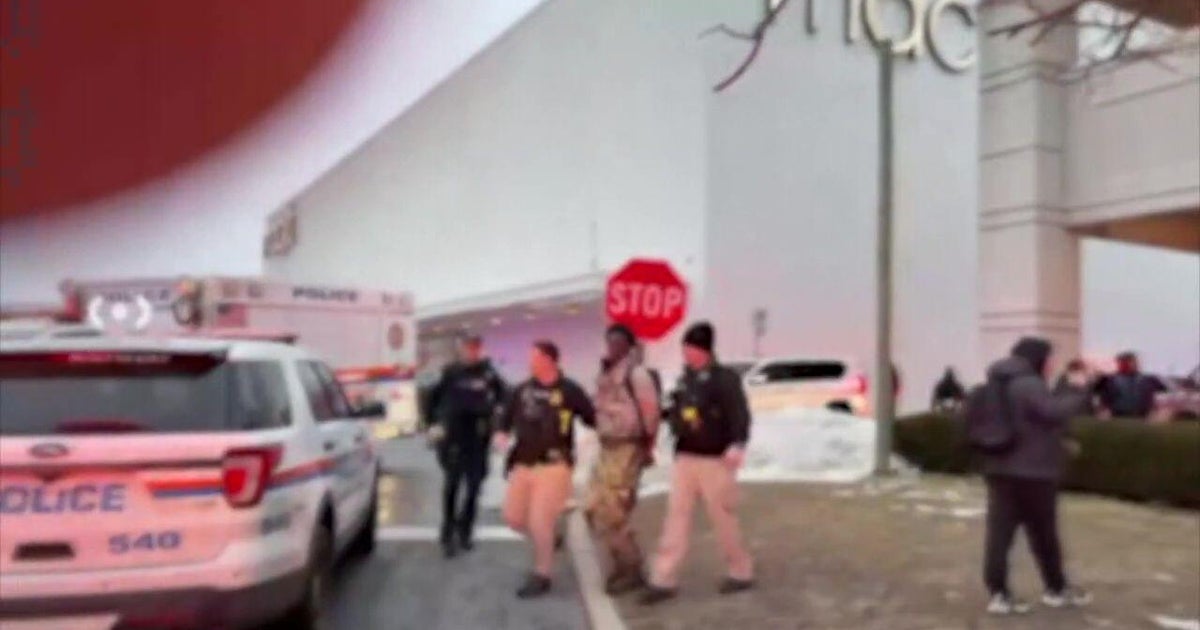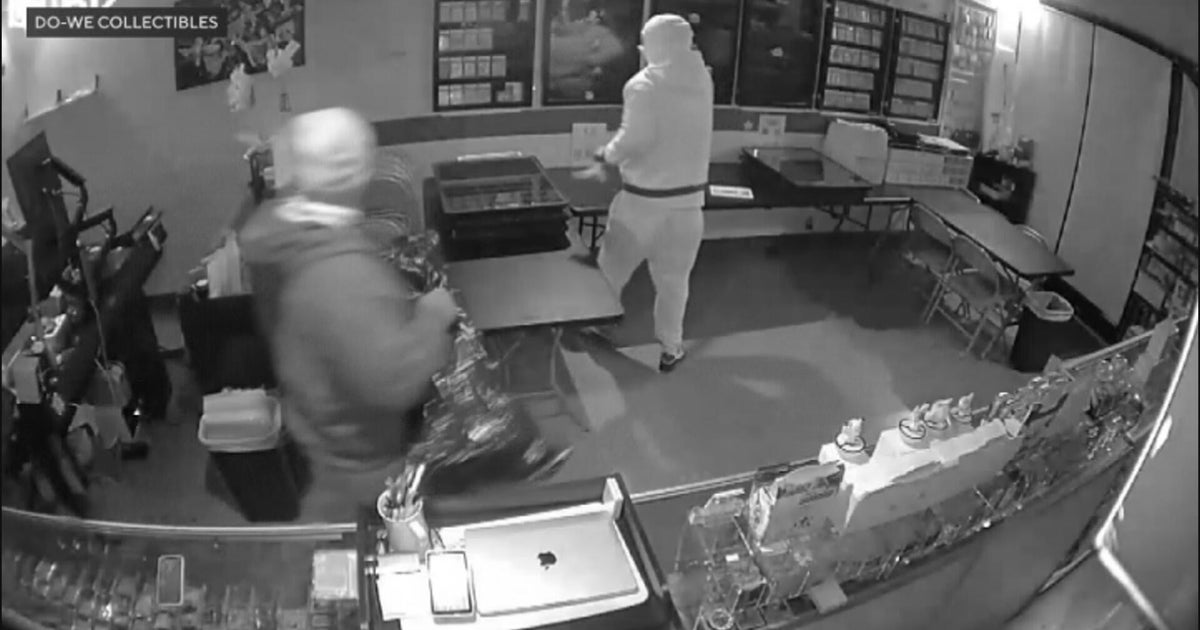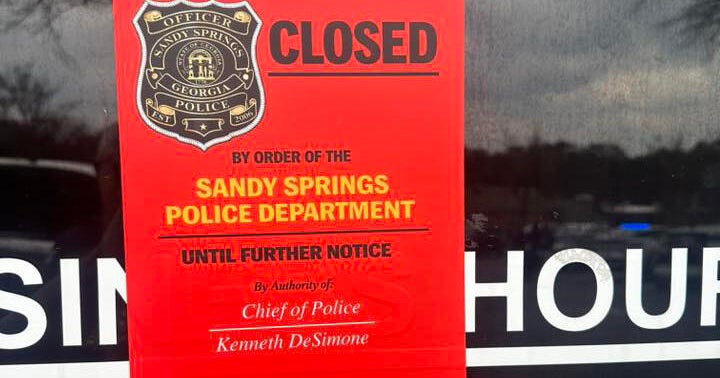U.S. Tightens Restrictions On Cuba Travel, Business & Trade
Follow CBSMIAMI.COM: Facebook | Twitter
MIAMI (CBSMiami) -- Americans traveling to or doing business with Cuba will face new restrictions starting Thursday.
The changes, which affect business, travel, and trade between both countries, is meant to 'channel economic activity away' from the Cuban government while supporting the island nation's private and small business sector.
"We have strengthened our Cuba policies to channel economic activity away from the Cuban military and to encourage the government to move toward greater political and economic freedom for the Cuban people," said Treasury Secretary Steven Mnuchin.
The State Department published a list of groups and businesses linked to the Cuban military, intelligence or security services that they believe disproportionately benefit the Cuban government at the expense of Cuba's private sector.
Any entity on that list, will now not be allowed to engage in financial transactions with Americans and visa versa.
In total, more than 80 hotels, 10 stores, 5 marinas and 2 tourist agencies in Cuba are restricted.
Some of those listed on the restricted list include Havana's new 5-star hotel called The Gran Hotel Manzana Kempinski.
Tourist agencies 'Crucero Del Sol' and 'Gaviota Tours' are also off limits.
Some beverage manufacturers like "Jupiña," "Tropicola," and rum makers like "Ron Varadero" are also on the banned list.
The government says they will also deny license applications to export items that will be used by any entity on the restricted list.
In turn, they are allowing some license-free exports to the Cuban private sector.
When it comes travel, individual educational travel not linked to an academic entity will no longer be allowed.
However, you can travel with an organization that is under U.S. laws. Those travelers also need to be accompanied by a person who is a representative of that organization.
The same goes for those traveling for educational purposes unless they have a certification letter from the organization.
Those traveling to support the Cuban people need to have a full-time schedule of activities that show contact with the Cuban people, support for civil society and promote Cubans' independence from Cuban authorities.
This means, renting a room from a private residence, eating at a privately owned restaurant and shopping at privately owned stores.
There are some exceptions.
American businesses, travelers, and commercial engagements that were in place before the changes, and have authorization, will be allowed to keep their arrangements.
The changes are part of a directive President Donald Trump signed back in June while in Miami.
The national business coalition Engage Cuba issued a statement against the new restriction saying in part,
"These new regulations create a more convoluted, confusing and counterproductive approach to Cuba policy. This 'Keystone Cops' Cuba policy hurts those it claims to help and helps those it claims to hurt........Today's announcement will only make it harder for Americans to travel to Cuba and support the growing private sector."







